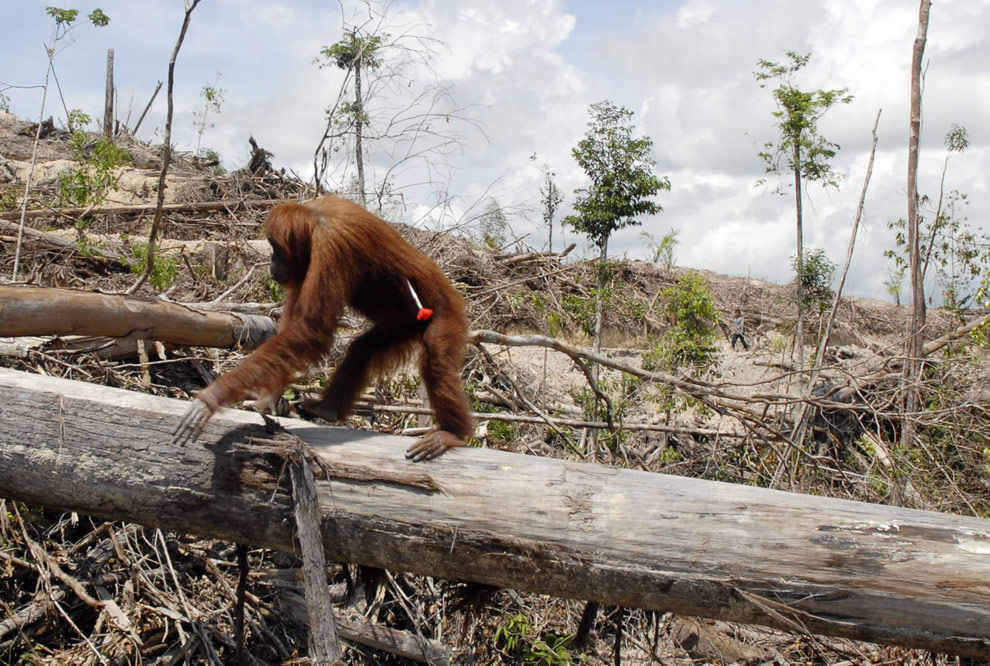Marta Harnecker: Popular power in Latin America -- Inventing in order to not make errors

Iranian and Sudanese communists on Iran protests: `A deeply genuine struggle for democracy'
Joint statement by the Sudanese Communist Party and the Tudeh Party of Iran
Recently, representatives of the central committees of the Tudeh Party of Iran and the Sudanese Communist Party exchanged views and consulted on the political situation unfolding in Iran, in light of the rigged elections of June 12 and the mass protests that quickly took place and began to gain momentum shortly thereafter. The two parties discussed the political situation in their respective countries and the conditions in which the struggle for peace, human rights, democracy and social justice is taking place. Based on their discussion and deliberations the leaderships of the two fraternal parties hereby issue the following statement:
The existing electoral process in Iran is a mockery of democracy, designed to disenfranchise the Iranian electorate. Its entire se- up is not related to the pursuit and furthering of democracy or any concept of progress within Iranian society but to keep the reins of power firmly in the hands of the despotic theocratic regime regardless of the wishes and aspirations of the Iranian people. Despite using every method to orientate the electoral process in their favour, the ruling guard of the theocracy still sought fit to directly rig the outcome of the ballots cast on the day of the election.
Jean Hale, 1912-2009 -- Farewell to a `most revered activist'
By Sylvia Hale
June 13, 2009 -- Jean Hale (nee Heathcote) was born on July 29, 1912, in Brisbane. Her grandfather, Wyndham Selfe Heathcote, was an Anglican clergyman who opposed the Boer War. His opposition to the Anglican Church's social policies and his opinions, such as this from one of his essays -– “The death of Jesus, as a social reformer using direct action, has been transmuted into the death of a God dying for the world” –- found him at loggerheads with the church and resulted in his leaving to become a Unitarian minister. His public speaking skills, which Jean inherited, were considerable. In October 1916 the Woman Voter reported that, “despite the large seating capacity of the building, thousands of people were turned away” from a debate between himself and Adela Pankhurst (the youngest member of the British suffragist family).
Australia: Damage on many fronts in false charge of slavery in Western Sahara

A documentary on Western Sahara refugees marks a low point, Kamal Fadel writes.
The Flame, June-July 2009 -- Green Left Weekly's Arabic-language supplement
With the help of Socialist Alliance members in the growing Sudanese community in Australia, Green Left Weekly – Australia's leading socialist newspaper – is pub
Solidarity protest in Sydney, Australia, July 1, 2009. Photos by Peter Boyle.
Below are just some of the statements released by solidarity groups, left parties and governments, and international organisations demanding the return to power of Honduras' elected presidet Manuel Zelaya. They have been compiled by Australia's Green Left Weekly.To view the complete list, click HERE.
* * *
Statement by the Australia-Venezuela Solidarity Network (AVSN)
Can carbon trading save our forests?

By Susan Austin
June 26, 2009 – Hobart, Tasmania -- Along with over 400 other people, I turned up to the Wrest Point Casino here to attend the premiere of The Burning Season on June 1. I had the film’s headline -- “As inspiring as The Inconvenient Truth was frightening” in the back of my mind, hoping for a good news story. Instead I sat through a well-orchestrated promo for a carbon trading company, set up by a young Australian-based millionaire whose message was that it is possible to make money and save the environment at the same time.By setting up a carbon trading company called Carbon Conservation, and brokering high-level deals between big banks and provincial Indonesian governors, the film’s “star”, young entrepreneur Dorjee Sun, was able to secure the protection of large areas of forests that may otherwise have been logged or burnt.
Selling Iran: Ahmadinejad, privatisation and a bus driver who said `no'

By Billy Wharton
Iranian workers in action for democratic rights

Introduction by Robert Johnson and John Riddell
June 29, 2009 -- Socialist Voice -- The mass protests in Iran, sparked by charges of fraud in the June 12 presidential elections, express deeply felt demands for expanded democratic rights. The establishment press has been silent on the aspirations of rank-and-file protesters. Socialist Voice is therefore pleased to be able to publish several statements by components of Iran's vigorous trade union movement, which has been a major target of repression by Iran's security forces. We have provided the titles and some introductory comments.

